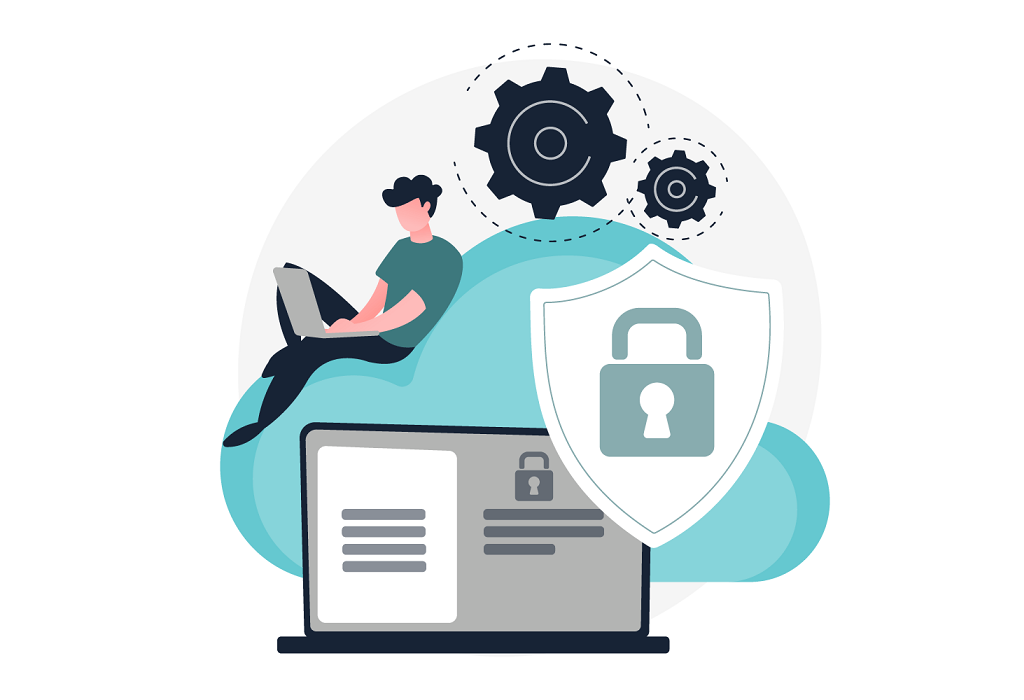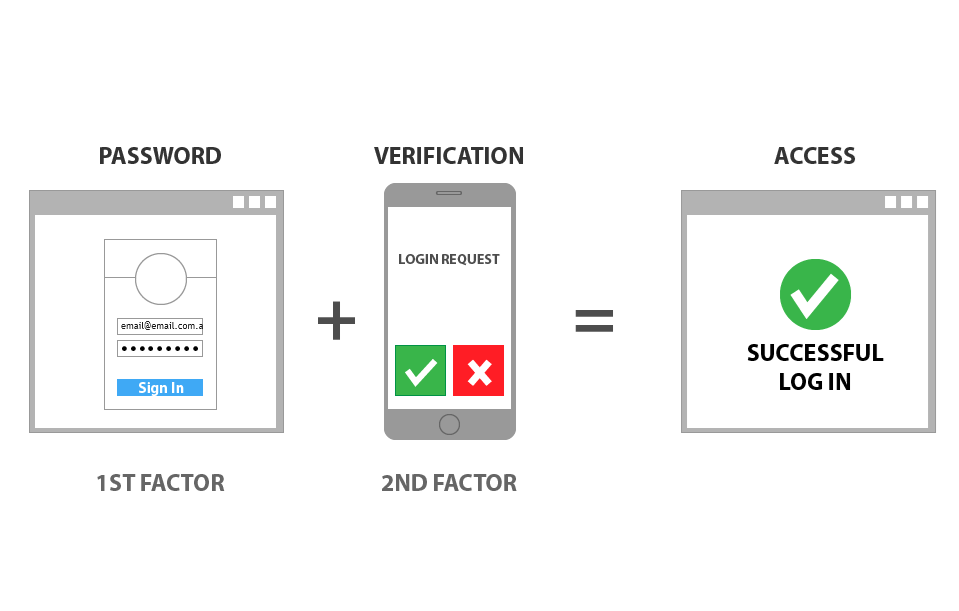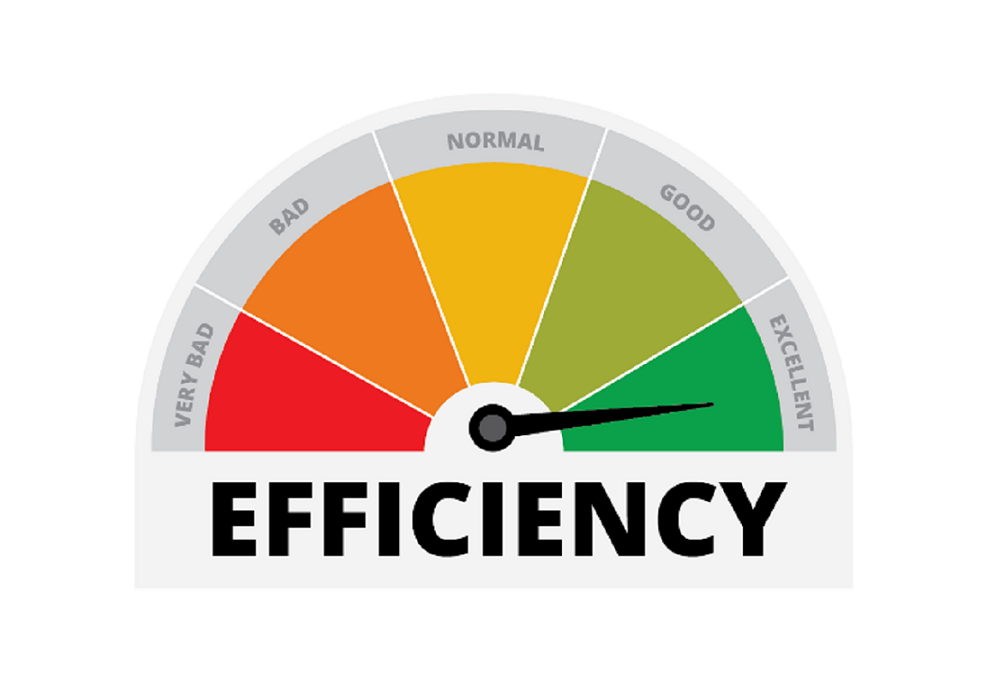Our Technology
Secure data centres. Ultra-High Security. Operating 24 hours a day.
Fast, secure and reliable hosting
✔ Hosted in Australia
✔ Automatic data backup
✔ Dedicated servers
✔ Dedicated performance power
✔ Dedicated disaster recovery server


Ultra-High Security
BetterHR software is protected by 256-bit Secure Sockets Layer (SSL). To ensure an ultra-high security environment by encrypting data between a website and a browser (or between two servers). Even with a brute-force attack, cracking a 256-bit encryption is computationally unfeasible. 2048-bit CSR encryption also strengthens security by increasing the complexity of the encryption key used.
The SSL Certificate Warranty Program provided by our SSL Certificate provider includes over $1 million of financial protection for our clients. NSSEC safeguards our DNS, keeping our websites secure and our client’s data safe. The SSL installation tool verifies that the SSL certificate has been installed correctly and a Malware Scanner monitors our site to ensure that all links on our platform are secure.
Giving you secure access, anywhere, anytime.
Multi-Factor Authentication (Login)
BetterHR software is protected by multi-factor authentication (MFA).
Multi-factor authentication is a security measure that requires two or more proofs of identity to grant you access. Such as:
- Username
- Password
- 6-digit code generated from an app on your mobile device
- 6-digit personal code
- 6-digit backup code


Improve your efficiency by keeping your systems running 24/7/365
Operating 24 hours a day, 7 days a week, 365 days a year, our data centres have the highest levels of redundancy in the Asia Pacific region, with automatic fail-over capability and dual-homed, tri-piped geographically dispersed redundant internet connections. Our data centres guarantee “99.9% uptime”.
Save on maintenance costs and remove the hassle of system upgrades


Globally Recognised Certifications
✔ Tier III certified by the Uptime Institute.
✔ 100+ NV1 Federal Government Cleared Engineers
✔ ISO 27001
✔ ISO9001:2015 (Quality Management Systems)
✔ ISO14001:2015 (Environmental Management Systems)
✔ ISO45001:2018 (OH&S Management Systems)
✔ NABERS 5-star rated (Planned)
✔ PCI DSS 3.2.1.
✔ SCEC Zone 3 & higher
✔ SSAE SOC 2
Insurance Protection
✔ $20,000,000 of Information Technology Liability Insurance
✔ $20,000,000 of Public & Products Liability Insurance
✔ $10,000,000 of Professional Indemnity Insurance
✔ $5,000,000 of Management Liability Insurance
✔ $1,000,000 of SSL Certificate Insurance

Security Benefits of Cloud Computing
1. Security is Expensive
Security costs money. Deploying the necessary security for an on-premise datacentre is often cost prohibitive, especially for small-and medium sized businesses. Achieving a level of security close to what public cloud providers can offer is impractical.
2. Security requires significant staff resources
Cloud hosting providers employ security teams to continuously monitor IT infrastructure and physical hardware. Most organisations do not have the staff capacity to provide the same level of security.
3. Cloud providers are in the security business
You care about security, but it is not your business. While security is one of your many concerns, it is one of the highest priorities for cloud providers. To stay in business, and remain competitive, cloud providers must deliver the highest possible level of security for their customers.
4. Advanced security tools
Cloud providers deploy a range of advanced security tools to protect customer applications and data. Duplicating this broad set of advanced security tools in your own network and datacentre is virtually impossible. The cost, staffing, time, and effort required is too much commitment for a company that does not specialize in security.
5. Network segmentation
A security advantage inherent in a cloud environment is segmentation from user workstations. A common method of cyberattack is targeting specific users on the system via email and websites. In these cases, entry into the system comes through user workstations. In a cloud environment, however, user workstations only have enough connectivity to allow the users to perform their jobs. The workstations do not have direct access to the corporate network. So even if a workstation is compromised, the attacker does not gain access to the company and its applications and data.
6. Physical security
Physical security is still a critical factor. People with direct physical access to hardware can be a serious potential security risk. However, if data and applications are in a cloud environment, disgruntled employees—and others working on site who have the ability to cause accidental harm—no longer have close access to these assets. It is much harder for them to locate the data in a cloud environment.
In addition, public cloud providers have the resources to prevent physical theft of data, including security guards, locked cages for servers, and other state-of-the-art physical security controls that most organisations do not have.















